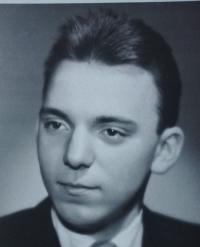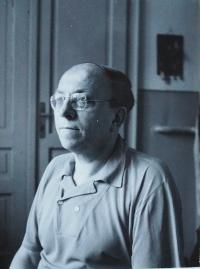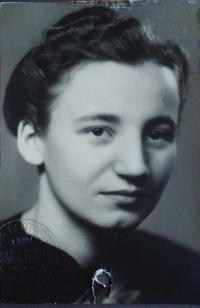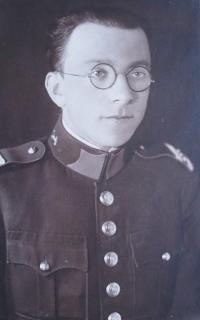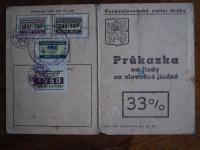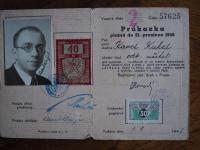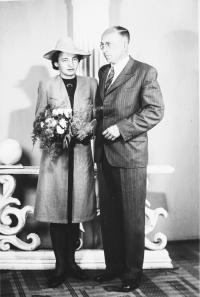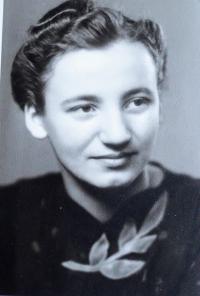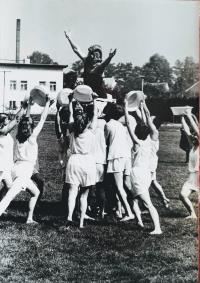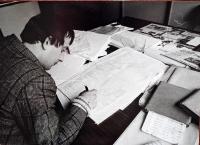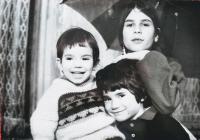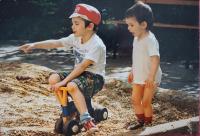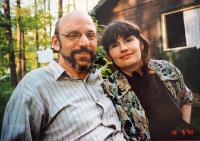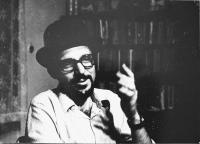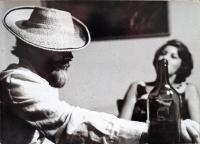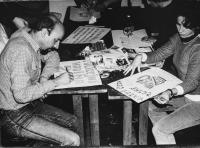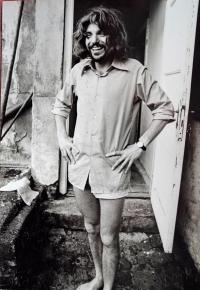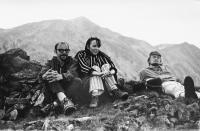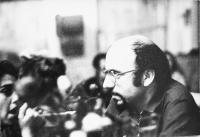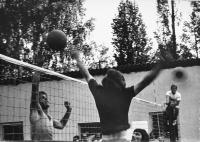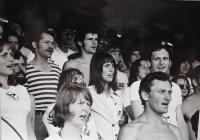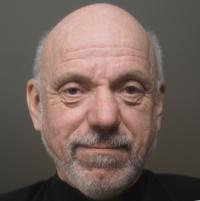The fire on my desk gave us some sleepless nights and kept several stetsecs busy

Download image
Karel Kužel was born on 24 July 1946 into a teacher’s family in Varnsdorf soon after his parents moved to the Sudeten village of Dolní Podluží, which his father was assigned to. However, because he refused to sign a petition that constitutionalised national committees, the family had to leave the village at three days’ notice. At the time, Věra Kuželová was pregnant and also seriously ill. Her premature death in 1951 was the result of the improper treatment of her scarlet fever, which she had contracted in the Terezín ghetto when helping to care for sick prisoners after the liberation in 1945. After their eviction, the family lived in Děčín; after his mother’s death and his father’s second marriage, they moved to Ústí nad Labem. In 1968 Karel Kužel graduated from the Faculty of Aviation at the Military Academy in Brno; he found a job in IT. He began his career at a chemical plant in Záluží, which boasted a French-made Gamma 140 computer. In 1980, when working at the Strategic IT Centre in Prague, he experienced an in-company incident that was investigated by State Security as possible sabotage. In 1991 he helped found Eurotel, the first mobile phone network company in what was then still the Czechoslovak Republic. In the recording, the witness describes everyday life under totalitarian Communism.
